
The Enchanted Isle of Aunu'u
Aunu'u Island, located in American Samoa, is a hidden gem that offers a serene and unspoiled slice of paradise. This small island, just a short boat ride from Tutuila, is known for its lush landscapes, tranquil beaches, and unique natural features. Visitors can immerse themselves in the local culture, enjoying the warm hospitality of the island’s residents who live in the quaint village of Aunu'u. One of the island’s most enchanting spots is the Red Lake, a rare geological feature with bright red water caused by algae. This natural wonder is surrounded by verdant greenery, creating a stark and beautiful contrast. Another must-see is the island’s swamps, where you can find rare bird species and lush mangroves. The island’s beaches are perfect for a relaxing day by the sea, with crystal-clear waters ideal for swimming and snorkeling. For those who enjoy hiking, Aunu'u offers trails that lead to stunning viewpoints and hidden coves. The Aunu'u Crater is a popular hike that provides panoramic views of the island and the surrounding ocean. With its combination of natural beauty, cultural richness, and tranquility, Aunu'u Island is a perfect destination for those looking to escape the hustle and bustle and reconnect with nature.
Local tips in Aunu'u Island
- Plan your visit during the dry season (May to October) for the best weather conditions.
- Take a guided tour to learn about the island’s unique flora and fauna, and to navigate the trails safely.
- Wear comfortable walking shoes for exploring the island’s trails and natural features.
- Bring insect repellent, especially if you plan to visit the swamps and mangrove areas.
- Respect the local customs and traditions; always ask for permission before taking photos of residents.
- Pack plenty of water and snacks, as there are limited facilities on the island.
The Enchanted Isle of Aunu'u
Aunu'u Island, located in American Samoa, is a hidden gem that offers a serene and unspoiled slice of paradise. This small island, just a short boat ride from Tutuila, is known for its lush landscapes, tranquil beaches, and unique natural features. Visitors can immerse themselves in the local culture, enjoying the warm hospitality of the island’s residents who live in the quaint village of Aunu'u. One of the island’s most enchanting spots is the Red Lake, a rare geological feature with bright red water caused by algae. This natural wonder is surrounded by verdant greenery, creating a stark and beautiful contrast. Another must-see is the island’s swamps, where you can find rare bird species and lush mangroves. The island’s beaches are perfect for a relaxing day by the sea, with crystal-clear waters ideal for swimming and snorkeling. For those who enjoy hiking, Aunu'u offers trails that lead to stunning viewpoints and hidden coves. The Aunu'u Crater is a popular hike that provides panoramic views of the island and the surrounding ocean. With its combination of natural beauty, cultural richness, and tranquility, Aunu'u Island is a perfect destination for those looking to escape the hustle and bustle and reconnect with nature.
When is the best time to go to Aunu'u Island?
Iconic landmarks you can’t miss
Fogamaa Crater National Natural Landmark
Explore Fogamaa Crater, a hidden gem in American Samoa, offering stunning volcanic landscapes, serene beaches, and a glimpse into island history.
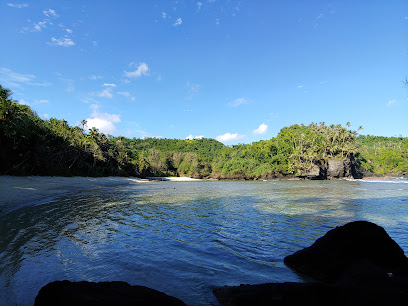
Tia Seu Lupe
Discover Tia Seu Lupe in American Samoa: a fascinating historical site where ancient traditions come to life amidst serene natural beauty.

Aunuu Island National Natural Landmark
Discover Aunuu Island: A volcanic paradise with red quicksand lakes, lush wetlands, and rich Samoan culture, just a short ferry ride from Tutuila.
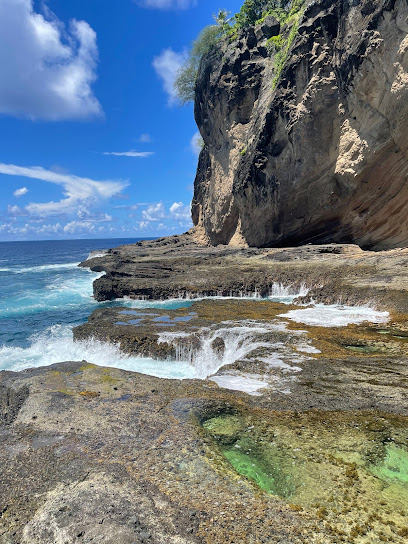
Essential places to dine
Tisa's Barefoot Bar
Experience island bliss at Tisa's Barefoot Bar with fresh local cuisine and breathtaking ocean views in Alega.
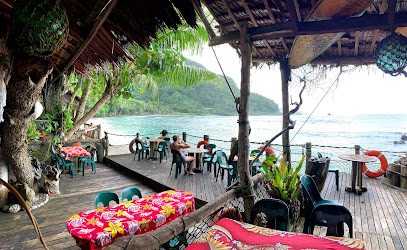
DDW Restaurant
Experience authentic island flavors at DDW Restaurant in Utulei, where delicious food meets breathtaking beach views.
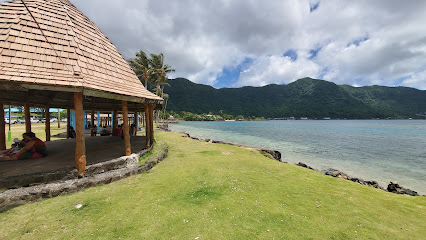
Cecilias Restaurant & Bar
Experience authentic Samoan flavors at Cecilia's Restaurant & Bar in Pago Pago—where every meal is a celebration of local culture.
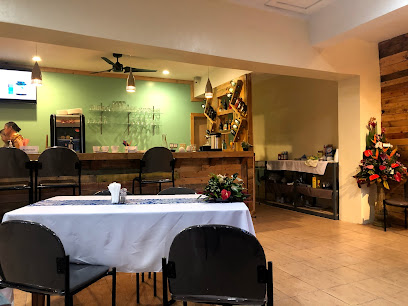
Oasis
Experience the vibrant flavors of Korea at Oasis, Tafuna's premier destination for authentic Korean cuisine and warm hospitality.
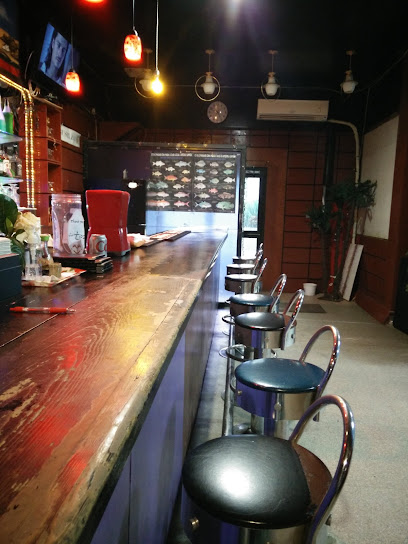
Manuia Restaurant
Discover the rich flavors of Korea at Manuia Restaurant in Tafuna - an unforgettable dining experience awaits!
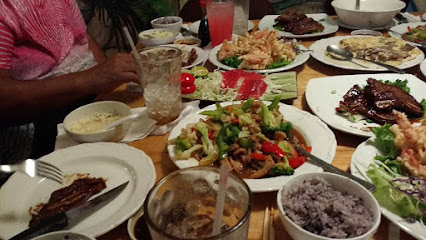
Nina’s Restaurant
Experience authentic Samoan cuisine at Nina's Restaurant in Tafuna – where fresh flavors meet warm hospitality.
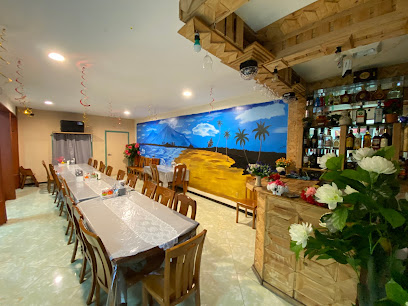
Mama's Kitchen
Experience authentic Samoan cuisine at Mama's Kitchen, where every dish tells a story and every meal is crafted with love.
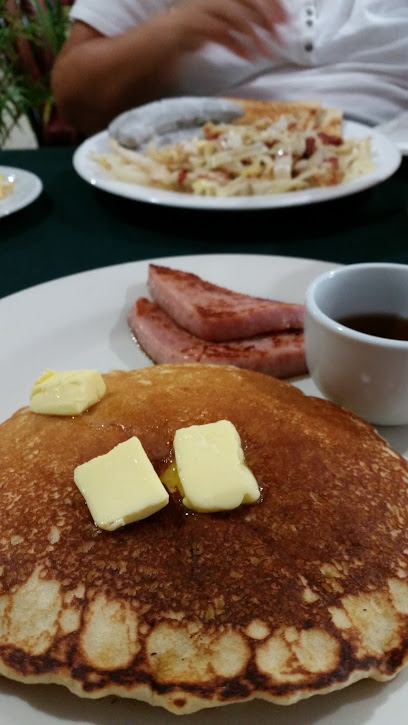
A&E Cafe
Discover A&E Cafe in Tafuna - where local flavors meet cozy ambiance for an unforgettable dining experience.
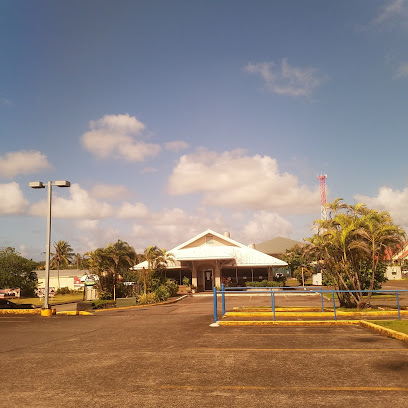
Emelio's Restaurant
Discover Emelio's Restaurant in Pago Pago for an authentic taste of American Samoa's vibrant culinary scene, where every meal tells a story.
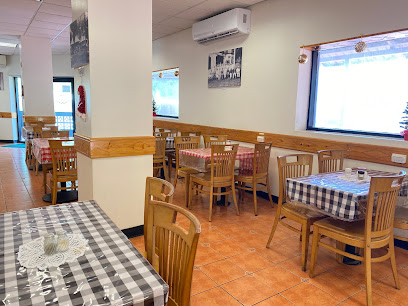
Sunny's Restaurant
Experience authentic local cuisine at Sunny's Restaurant in Nu'uuli - where every meal tells a story of island culture.
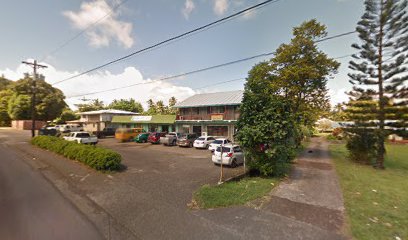
Moon Korean Restaurant
Experience authentic Korean cuisine at Moon Korean Restaurant in Leloaloa – where every dish tells a delicious story.
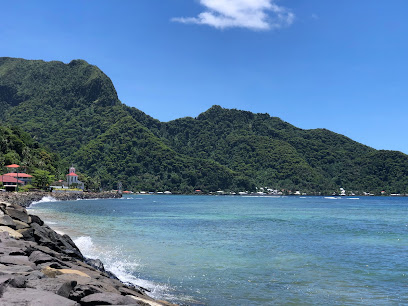
Famous Seafood Restaurant
Experience authentic seafood delights at Tafuna's Famous Seafood Restaurant - a culinary treasure celebrating local marine flavors.
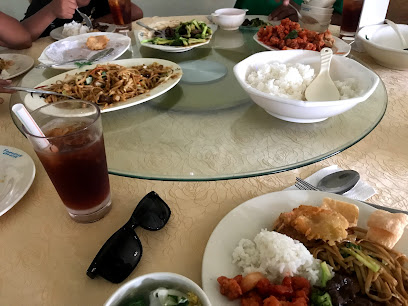
Local Delights Eatery, American Samoa
Experience authentic Samoan cuisine at Local Delights Eatery in Tafuna - where every meal tells a story of island heritage.
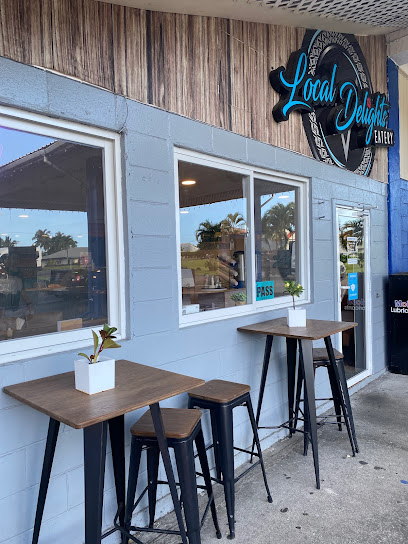
Faga'alu Restaurant
Experience authentic Vietnamese cuisine in Faga'alu with fresh flavors and warm hospitality at Faga'alu Restaurant.
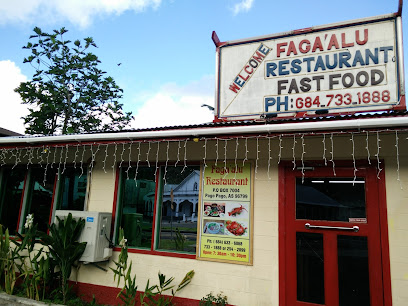
Fiafia Restaurant
Experience authentic Asian cuisine at Fiafia Restaurant in Fagatogo - where every meal tells a flavorful story.
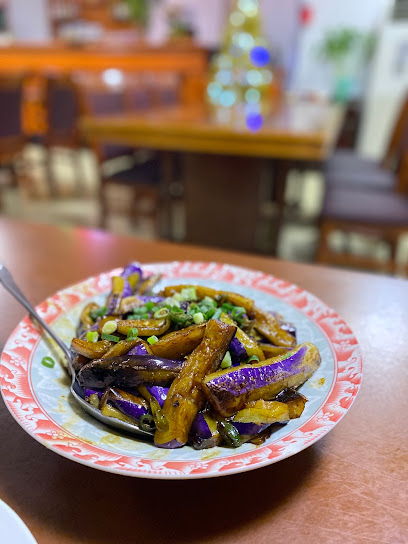
Markets, malls and hidden boutiques
KS Mart
Discover the vibrant flavors and local goods at KS Mart in Tafuna, your go-to grocery store for an authentic American Samoa experience.
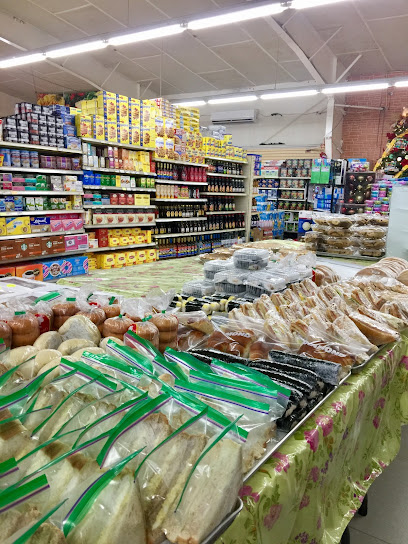
Laufou Shopping Center
Explore the diverse shops and local cuisine at Laufou Shopping Center, a vibrant shopping hub in Nu'uuli, Eastern District.
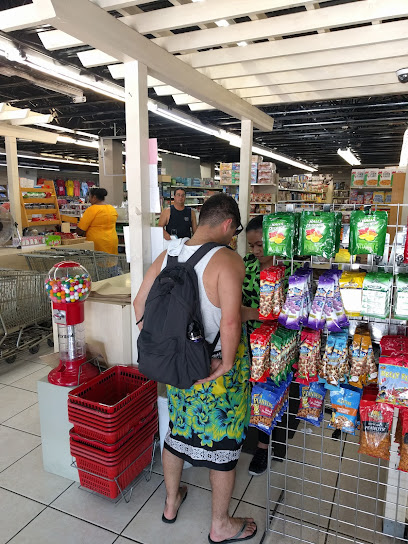
Cost.U.Less
Discover local flavors and essentials at Cost.U.Less in Pago Pago, your ultimate grocery and shopping destination.
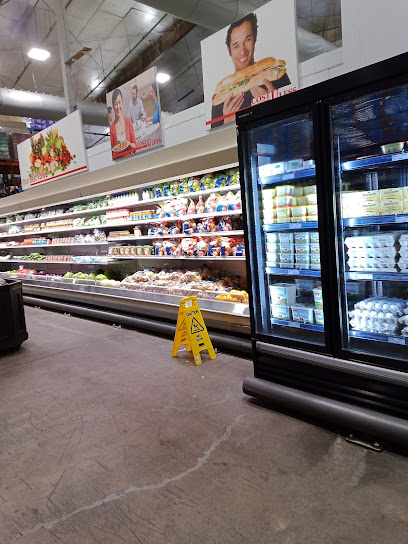
US AAFES American Samoa Post Exchange
Experience the charm of shopping at the US AAFES American Samoa Post Exchange, where convenience meets local culture in Tafuna.
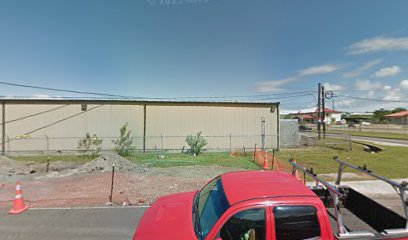
Manu'a Store
Discover unique home goods at Manu'a Store in Nu'uuli, where local culture meets exceptional shopping in a welcoming atmosphere.
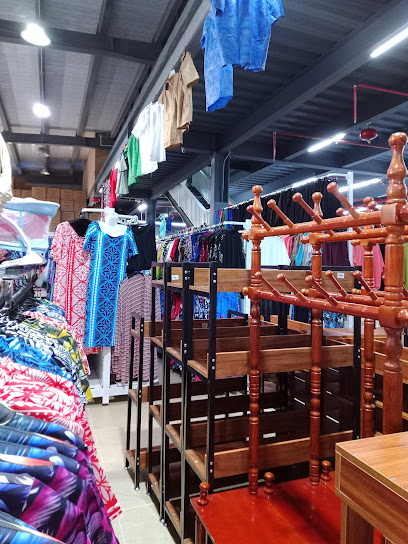
KT Mart
Discover diverse clothing styles and local artisan accessories at KT Mart, the ultimate shopping destination in Nu'uuli, American Samoa.
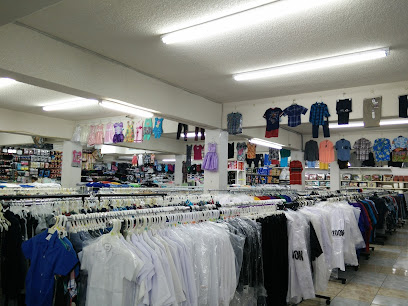
Skyview Incorporated
Discover the authentic flavors of Samoa at Skyview Incorporated in Pago Pago, your go-to grocery store for fresh produce and local delicacies.
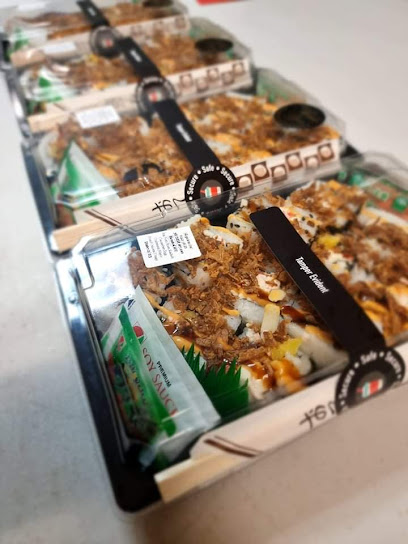
Tropik Traders
Discover unique clothing and accessories at Tropik Traders, a charming shop in Nu'uuli that embodies local culture and style.
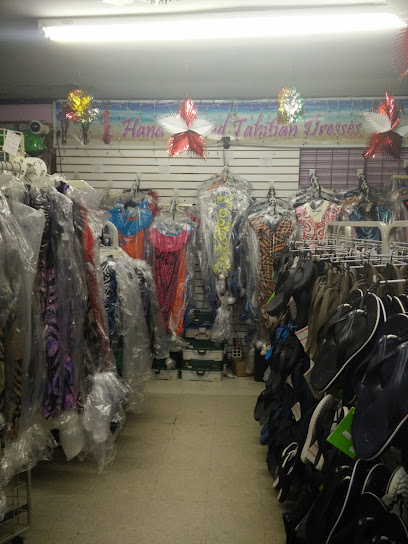
Aveina Brother's Inc.
Discover the vibrant offerings at Aveina Brother's Inc., where local flavors and friendly service meet in the heart of Matu'u's community.
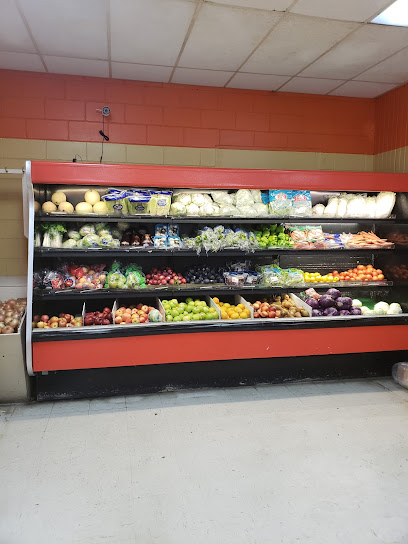
Happy Mart Bakery
Discover the delightful flavors of Happy Mart Bakery, a local gem in Nu'uuli, Western District, known for its fresh baked goods and warm atmosphere.
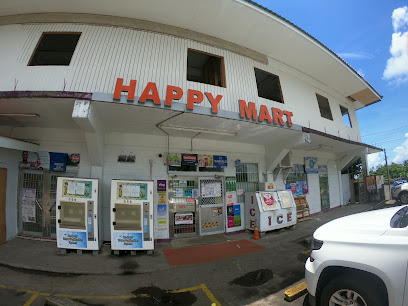
Island Image Creations
Explore Island Image Creations in Nu'uuli, your destination for vibrant fabrics and local craftsmanship in a tropical paradise.
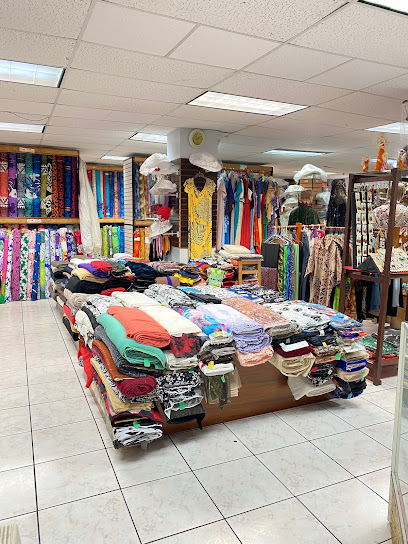
Tedi Of Samoa
Discover the vibrant shopping experience at Tedi Of Samoa in Fagatogo, where local culture meets diverse retail offerings.

Tool Shop
Explore Tafuna’s Tool Shop for top-notch hardware and tools perfect for all your DIY projects, backed by friendly and knowledgeable staff.
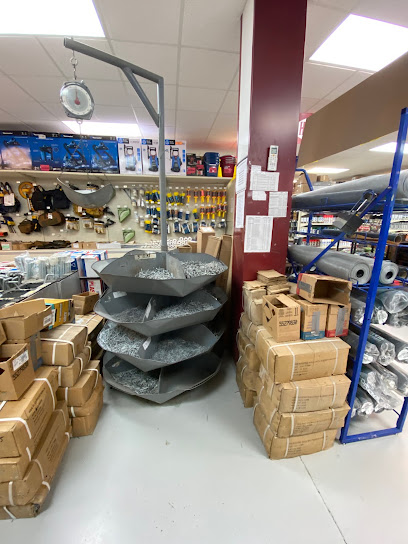
Pago Supermarket Store
Discover the best of Pago Pago at Pago Supermarket Store, where local flavors and global goods come together in a vibrant shopping experience.
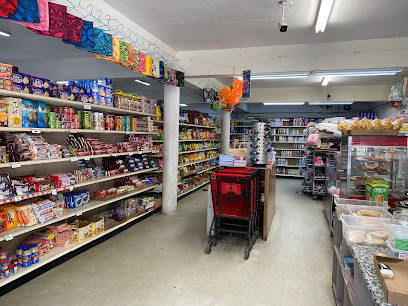
Amy's Gifts Shop
Explore the charm of Aua at Amy's Gifts Shop, where unique handcrafted treasures await every visitor, capturing the essence of local culture.
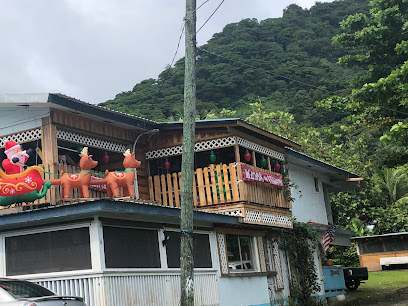
Essential bars & hidden hideouts
Tisa's Barefoot Bar
Experience the essence of island dining at Tisa's Barefoot Bar, where delicious seafood meets stunning ocean views in Alega, Eastern District.
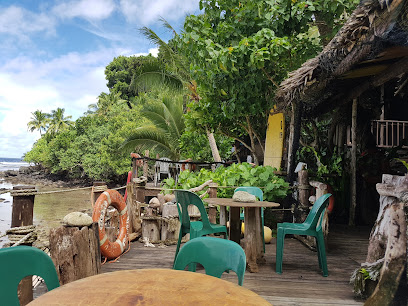
DDW Restaurant
Experience the vibrant flavors and stunning views at DDW Restaurant in Utulei, a must-visit for culinary enthusiasts exploring Samoa.
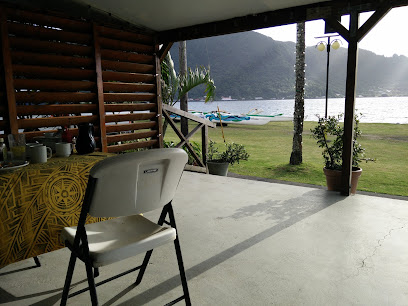
Cecilias Restaurant & Bar
Discover the flavors of American Samoa at Cecilia's Restaurant & Bar, where culinary excellence meets stunning views in Pago Pago.
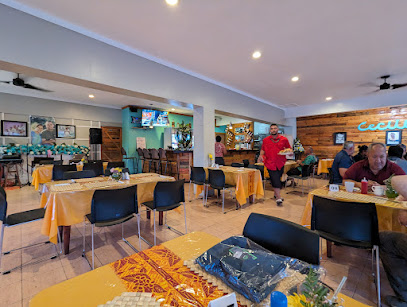
Oasis
Experience the authentic taste of Korea at Oasis, a hidden gem in Tafuna with a delightful atmosphere and delicious traditional dishes.
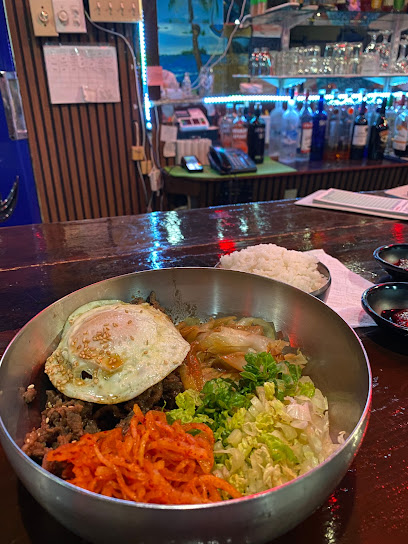
Flying Fox Gastropub
Discover unique flavors and a lively atmosphere at Flying Fox Gastropub in Pago Pago – a must-visit destination for food lovers.
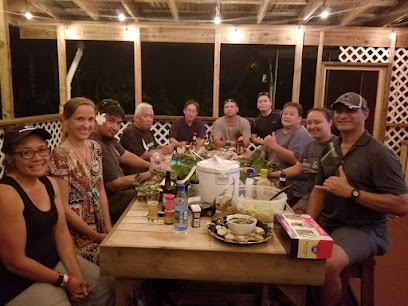
Paradise Bar & Grill
Experience the vibrant flavors of local cuisine and refreshing drinks at Paradise Bar & Grill, the ideal tropical retreat in Nu'uuli.
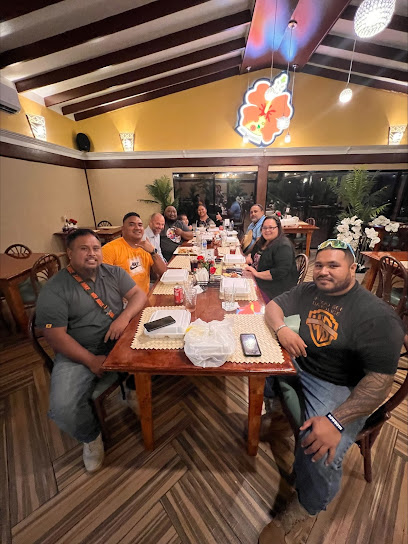
Manuia Restaurant
Experience authentic Korean flavors at Manuia Restaurant in Tafuna, where traditional dishes meet a warm atmosphere for an unforgettable meal.
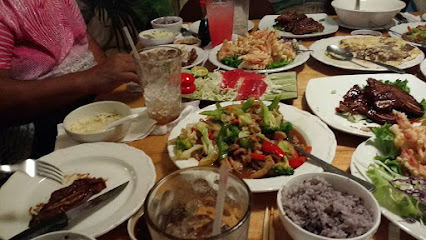
Nina’s Restaurant
Discover culinary delights at Nina’s Restaurant in Tafuna, offering a blend of local and international flavors in a welcoming atmosphere.
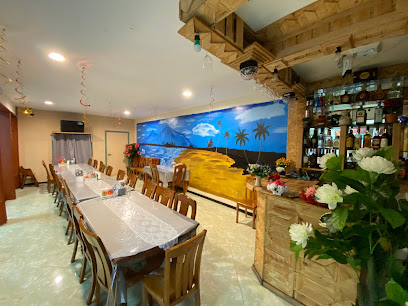
A&E Cafe
Savor the flavors of Tafuna at A&E Cafe, where local delights meet international cuisine in a welcoming atmosphere.
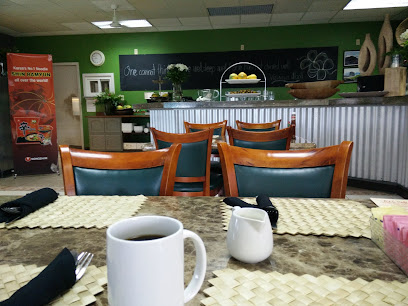
Goat Island Cafe
Experience the tranquil charm of Goat Island Cafe, where breathtaking views meet delicious local cuisine in Utulei.
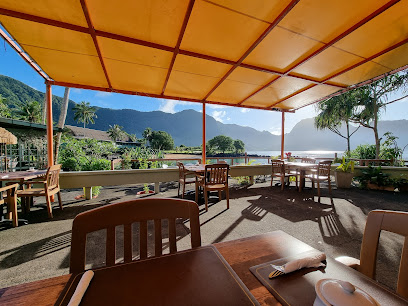
Moon Korean Restaurant
Experience the heart of Korean cuisine at Moon Korean Restaurant, a must-visit for food lovers exploring Leloaloa.
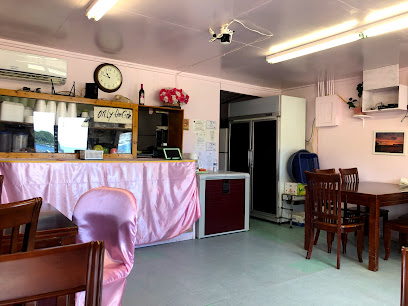
Sunny's Restaurant
Discover the vibrant flavors of Samoa at Sunny's Restaurant in Nu'uuli, a culinary delight with a warm atmosphere and diverse menu options.
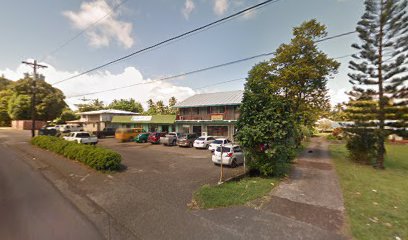
Faga'alu Restaurant
Experience authentic Vietnamese flavors at Faga'alu Restaurant, where culinary delight meets the beauty of Pago Pago.
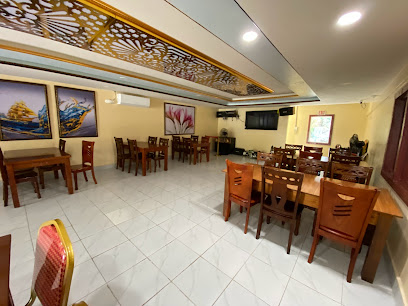
Local Delights Eatery, American Samoa
Discover authentic Samoan cuisine at Local Delights Eatery in Tafuna, where every dish tells a story of cultural richness and culinary tradition.
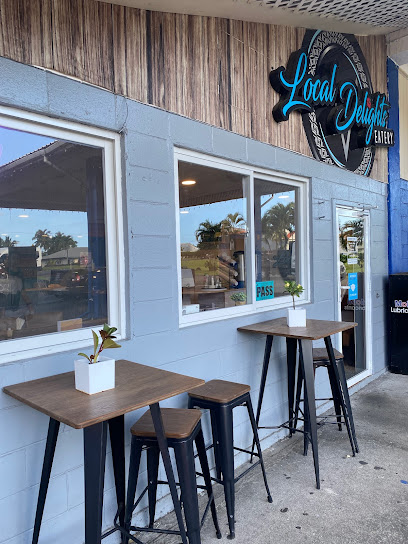
Local Phrases about Aunu'u Island
-
- HelloTalofa
[Tah-loh-fah] - GoodbyeFa'amalie atu
[Fah-ah-mah-lee-eh ah-too] - YesIoe
[Ee-oh-eh] - NoLeai
[Leh-ah-ee] - Please/You're welcomeFa'amalie atu
[Fah-ah-mah-lee-eh ah-too] - Thank youFa'afetai
[Fah-ah-feh-tah-ee] - Excuse me/SorryFa'amalie atu
[Fah-ah-mah-lee-eh ah-too] - How are you?O a mai oe?
[Oh ah my oh-eh?] - Fine. And you?Lelei. O a oute?
[Leh-leh-ee. Oh ah oh-ooh-teh?] - Do you speak English?Ou te fai le fa'aperetania?
[Oh-oo teh fai leh fah-ah-peh-reh-tah-nee-ah?] - I don't understandO le a le mafai ona ou te malamalama
[Oh leh ah leh mah-fai oh-nah oh-oo teh mah-lah-mah-lah-mah]
- HelloTalofa
-
- I'd like to see the menu, pleaseAu mai le menu, fa'amalie atu
[Ah-oo my leh meh-noo, fah-ah-mah-lee-eh ah-too] - I don't eat meatO le a ou te 'ai le kuka
[Oh leh ah oh-oo teh eye leh koo-kah] - Cheers!Manuia!
[Mah-noo-ee-ah!] - I would like to pay, pleaseAu mai lo tu'u, fa'amalie atu
[Ah-oo my loh too-oo, fah-ah-mah-lee-eh ah-too]
- I'd like to see the menu, pleaseAu mai le menu, fa'amalie atu
-
- Help!Fesoasoani!
[Feh-so-ah-so-ah-nee!] - Go away!Alu i le taeao!
[Ah-loo ee leh tah-eh-ah-oh!] - Call the Police!Fesili leoleo!
[Feh-see-lee leh-oh-leh-oh] - Call a doctor!Fesili le foma'i!
[Feh-see-lee leh foh-mah-ee!] - I'm lostUa ta'oto
[Oo-ah tah-oh-toh] - I'm illO oua
[Oh oh-oo-ah]
- Help!Fesoasoani!
-
- I'd like to buy...Au mai...
[Ah-oo my...] - I'm just lookingO le a ou te tatala
[Oh leh ah oh-oo teh tah-tah-lah] - How much is it?E tele i se fa'ailoa?
[Eh teh-leh ee seh fah-ah-ee-loh-ah?] - That's too expensiveO le mea e lelei
[Oh leh meh-ah eh leh-leh] - Can you lower the price?O le mafai ona ou te fa'asa?
[Oh leh mah-fai oh-nah oh-oo teh fah-ah-sah?]
- I'd like to buy...Au mai...
-
- What time is it?O le a le taimi?
[Oh leh ah leh tah-ee-mee?] - It's one o'clockO le tasi i le taimi
[Oh leh tah-see ee leh tah-ee-mee] - Half past (10)I le numera e sefulu
[Ee leh noo-meh-rah eh seh-foo-loo] - MorningAfiafi
[Ah-fee-ah-fee] - AfternoonAso
[Ah-so] - EveningTaeao
[Tah-eh-ah-oh] - YesterdayAnanafi
[Ah-nah-nah-fee] - TodayAso nei
[Ah-so neh-ee] - TomorrowAso o le a
[Ah-so oh leh ah] - 1Tasi
[Tah-see] - 2Lua
[Loo-ah] - 3Tolu
[Toh-loo] - 4Fa
[Fah] - 5Lima
[Lee-mah] - 6Ono
[Oh-no] - 7Fitu
[Fee-too] - 8Valu
[Vah-loo] - 9Iva
[Ee-vah] - 10Sefulu
[Seh-foo-loo]
- What time is it?O le a le taimi?
-
- Where's a/the...?O fea le...?
[Oh feh-ah leh...?] - What's the address?O le fa'ailoa o fea?
[Oh leh fah-ah-ee-loh-ah oh feh-ah?] - Can you show me (on the map)?O le mafai ona ou fa'ailoa ia te oe (i le mapa)?
[Oh leh mah-fai oh-nah oh-oo fah-ah-ee-loh-ah ee-ah teh oh-eh (ee leh mah-pah)?] - When's the next (bus)?O le a le taimi mo le bus e te o mai?
[Oh leh ah leh tah-ee-mee moh leh boos eh teh oh my?] - A ticket (to ....)Tiketi (i le ....)
[Tee-keh-tee (ee leh ....)]
- Where's a/the...?O fea le...?
History of Aunu'u Island
-
Aunu'u Island, like much of American Samoa, was originally settled by Polynesians over a thousand years ago. These early settlers were master navigators who journeyed across vast ocean distances using traditional knowledge of stars, winds, and ocean currents. The island's fertile lands and plentiful marine resources made it an ideal location for these early communities.
-
In the 18th century, European explorers began to make contact with the islands of Samoa. Aunu'u Island, with its strategic location and natural beauty, caught the attention of explorers and missionaries. The introduction of Christianity and European customs began to transform the cultural landscape of the island.
-
During the late 19th and early 20th centuries, Samoa was divided between Germany and the United States. Aunu'u Island became part of American Samoa in 1900. This period brought significant changes, including the introduction of Western education, infrastructure, and governance. American influence continues to shape the island's cultural and societal norms to this day.
-
World War II had a profound impact on Aunu'u Island, as it did on much of the Pacific. American Samoa was strategically important, and the island saw the construction of military installations and the presence of US troops. The war years brought economic activity and development, but also left behind a legacy of military relics and cultural shifts.
-
Today, Aunu'u Island is a tranquil and picturesque location that offers a glimpse into traditional Samoan life. The islanders continue to practice subsistence farming and fishing, and maintain their cultural traditions through dance, music, and storytelling. Visitors to Aunu'u can explore the island's lush landscapes, volcanic craters, and pristine beaches, all while experiencing the warm hospitality of the local community.
Aunu'u Island Essentials
-
To reach Aunu'u Island, first, you need to fly into Pago Pago International Airport (PPG) on Tutuila Island, the main island of American Samoa. From Pago Pago, head to the village of Auasi, located on the eastern coast of Tutuila. Here, you can take a 10-minute boat ride to Aunu'u Island. Boats to Aunu'u Island run frequently throughout the day, but it's advisable to check the local schedule in advance.
-
Aunu'u Island is small and best explored on foot. There are no car rentals or public transportation services on the island. Bicycles can sometimes be rented from local accommodations or residents. Walking is the most common way to get around, allowing you to fully appreciate the island's natural beauty and local charm.
-
The official currency in American Samoa is the US Dollar (USD). Credit cards are not widely accepted on Aunu'u Island, so it's essential to carry cash. There are no ATMs on Aunu'u Island, so make sure to withdraw enough cash from an ATM on Tutuila Island before heading to Aunu'u. Some local businesses and vendors may accept mobile payment apps, but this is not guaranteed.
-
Aunu'u Island is generally safe for tourists, with low crime rates. However, as with any travel destination, it is wise to take standard precautions. Keep an eye on your belongings, especially in crowded areas or at the beach. Avoid walking alone at night in unfamiliar areas. There are no specific high-crime neighborhoods targeting tourists on Aunu'u Island, but staying vigilant is always recommended.
-
In case of emergency, dial 911 for immediate assistance. There are limited medical facilities on Aunu'u Island, so for serious medical issues, you may need to return to Tutuila Island where better-equipped medical facilities are available. It's advisable to have travel insurance that covers medical emergencies. For minor health concerns, bring a basic first aid kit with you.
-
Fashion: Do wear modest clothing, especially when visiting villages. Avoid overly revealing attire. Religion: Do respect local customs and traditions. Aunu'u Island has a strong Christian community, so dress appropriately when visiting churches. Public Transport: There is no public transport on the island. Do be prepared to walk or rent a bicycle. Greetings: Do greet people with a friendly 'talofa' (hello). A warm and respectful demeanor is appreciated. Eating & Drinking: Do try local delicacies and accept food offerings graciously. Don’t refuse hospitality, as it is considered impolite.
-
To experience Aunu'u Island like a local, take time to visit the island's unique natural attractions, such as the red quicksand lake and the island's scenic coastline. Engage with locals, who are often friendly and willing to share insights about their culture and traditions. Participate in local events and church services to gain a deeper understanding of the community. Don't forget to try traditional Samoan dishes, which are often prepared fresh and with locally sourced ingredients.
Nearby Cities to Aunu'u Island
-
Things To Do in Fagatogo
-
Things To Do in Pago Pago
-
Things To Do in Tafuna
-
Things To Do in Leone
-
Things To Do in Lalomanu
-
Things To Do in Apia
-
Things To Do in Mulifanua
-
Things To Do in Salelologa
-
Things To Do in Savai'i
-
Things To Do in Fagamalo
-
Things To Do in Manase
-
Things To Do in Asau
-
Things To Do in Falealupo
-
Things To Do in Ha'ano
-
Things To Do in Foa




